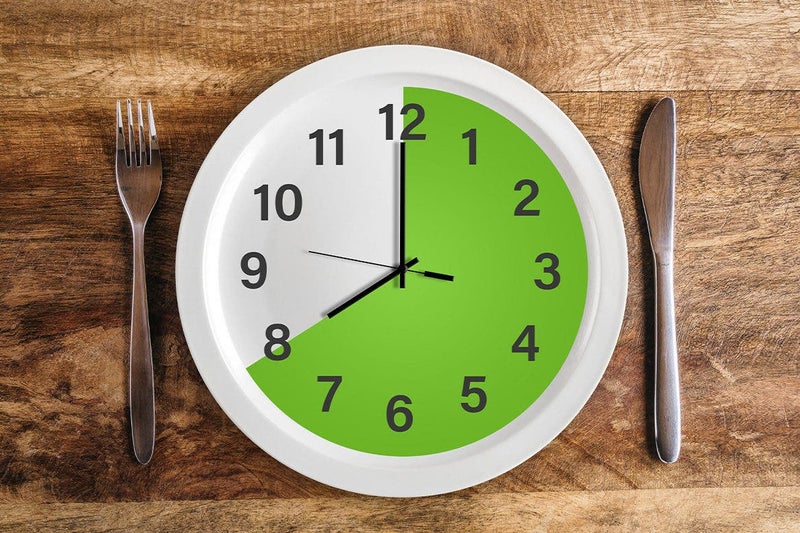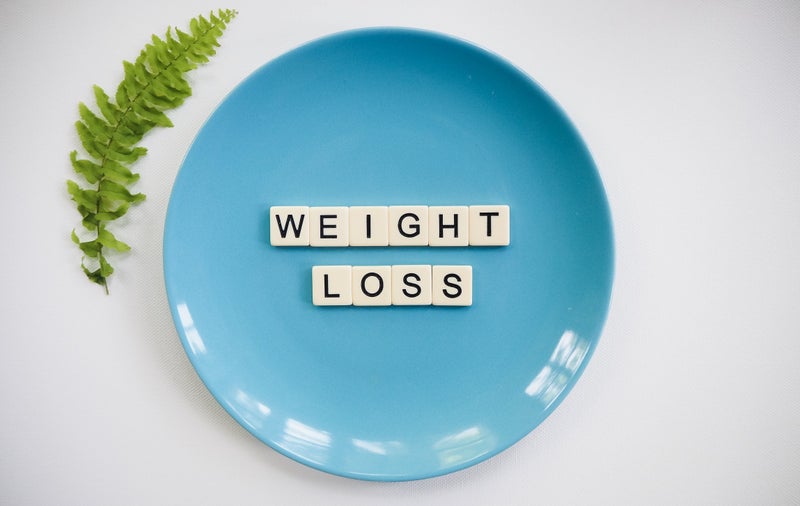What is intermittent fasting?
By Kailyn Beatty
September 22, 2021
Intermittent fasting is a popular diet plan that is not just about losing weight but also has major health benefits. It seems like every week there is a new article on how intermittent fasting can benefit you or new findings on how it affects your body.
So what is the best way to get into intermittent fasting? Today, we’re going to be discussing what Intermittent fasting is, what intermittent fasting can do for you, and what the best way to do intermittent fasting is! Read on.
What is intermittent fasting?
Intermittent fasting is a way of eating that involves restricting your caloric intake to fewer calories than you burn. It’s not a diet—it’s more like a way of life. The benefits of intermittent fasting are pretty well-established: it can help you lose weight, improve your metabolism and liver function, lower your risk for heart disease and diabetes, reduce inflammation in your body, boost cognitive function and memory retention, and much more.
So what does the science say? Well, there’s some evidence that it might help you keep off fat around your midsection—and maybe even give you some muscle mass if you’re working out regularly during the fast days. But again: intermittent fasting isn’t a diet or a quick fix—it’s a lifestyle choice that can take some time to get used to.
When should I fast?
In most intermittent fasts, the person usually blocks off a window of 8 hours in which they consume their food for the day. A good window is between 11am and 7pm or 12pm and 8pm, depending on when you wake up and how late you eat your dinner. However, some people fast for just 12 hours or even up to days.
I would recommend starting out by cutting just a couple hours off of your normal eating schedule. It is usually the easiest to do this at the end of the night. Instead of eating a late dinner or a bedtime snack, try to stop your eating at 8pm instead of 10pm. Then you can gradually increase the time before eating in the morning as well.
What foods to take during intermittent fasting?
One common debate about intermittent fasting is if certain food items break your fast or not. The most highly debated is about coffee. It seems about 50/50 on if ‘experts’ think that it does or not. In my opinion, black coffee doesn’t break your fast but if you put sugar or cream in it does, but other people would disagree with that.
Another common inquiry is the best foods to break your fast with. It most definitely would be something healthy but avoiding things such as dairy or gluten for breaking your fast is a good idea. Try to eat fruit or nuts as your first food of the day or other natural occurring food items.
What are the benefits of intermittent fasting?
Some benefits of intermittent fasting is weight loss, having more energy throughout the day, and learning discipline by having something to stick to. Many have also experienced added benefits that come from the discipline of sticking with the process of intermittent fasting.
The added benefits from this discipline are sticking to your diet more, where you naturally seem to keep a better eye on what you are eating and how much you are eating. Some would think it would be the opposite, but it really does make you pay closer attention to what you are putting in your body.
Risks of intermittent fasting
But before you get too excited about this, let’s talk about some of the risks associated with intermittent fasting. First, there are some people who have questions about whether or not they can do intermittent fasting safely because they have health conditions such as diabetes or high blood pressure. In these cases, the answer is yes—you can definitely do intermittent fasting if your doctor has cleared you for it.
Second, IF can be dangerous if you go too long without eating—or if you don’t eat enough calories—which could damage your health over time if not addressed quickly enough by a doctor or nutritionist who knows how to handle these situations properly. This is why we recommend that all newbies start out with shorter periods of time before increasing their frequency over time as needed until they feel comfortable.
Conclusion
The benefits of intermittent fasting are numerous—and it’s easy to see why. Intermittent fasting helps you lose weight, maintain a healthy metabolism, and feel more energetic. Plus, the process can be very simple and straightforward.
I’m not a doctor or a dietitian, so I can’t tell you exactly how to implement intermittent fasting into your life. But I do know that it works—and if you don’t give up on it, it can help you live a healthier lifestyle.
Like what you’re reading?
Subscribe to our top stories
By entering your email and clicking Sign Up, you're agreeing to let us send you customised marketing messages about us and our advertising partners. You are also agreeing to our Privacy Policy.






